SPACE-TIME UPDATE: The following article about YAMAM was written as a sidebar for Motorcyclist magazine, where it did not run due to size constraints. Because I admire the guys profiled here and because Middle East conflicts are perennially timely, I’ve elected to run it here.
Mounted police officers seem to spend most of their time writing traffic tickets and idling along on parade duty. This is true in the United States, where motor officers function as a contemporary analog to horse patrols. It’s also true in Israel, where Harley Davidson-mounted IDF military police spend much of their field time escorting VIPs and issuing citations to furloughed soldiers for sloppy uniforms and hitchhiking.
In Jerusalem this past spring, I met the exceptions. 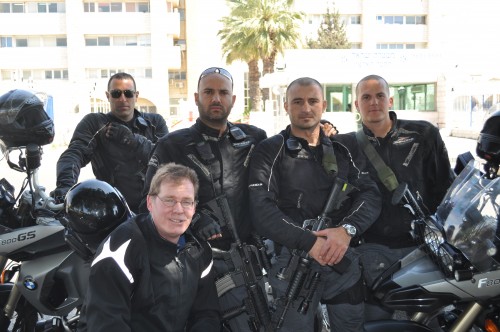
YAMAM mounted police officers don’t carry ticket books or handcuffs. Their mission isn’t detaining suspects. They neutralize targets. Like most units requiring elaborately detailed preparations, their raison d’etre is simple: eliminate threats to the normalized existence of Israeli civilians.
The unit, which is hermetically self-contained and trains all its own operators in discrete programs, is not a part of the Israeli Defense Forces. Instead, it falls under the purview of the national Border Police. Following the consistent pragmatism of a people who live under the gun, YAMAM was stood up for pressing, practical reasons.
In the spring of 1974, a four-man cell of the PLO splinter group Democratic Front for the Liberation of Palestine stormed a Ma’alot school and took a large group of 11th grade Israeli students as hostages. Because so many children were involved, the Knesset (Israeli parliament) voted to break with national policy and negotiate. The gunmen, however, refused to extend their 12-hour deadline for release of all imprisoned terrorists, vowing to start shooting children. Fifteen minutes before the deadline, elements of the storied Golani Brigade assaulted the school and killed the terrorists.
Police work is different from military operations in that acceptable collateral losses are always pegged at zero. Twenty-one children and five Israeli adults were killed in the IDF assault, some by Israeli ordnance.
Since that time, internal disaster response has been coordinated by the national police services, not the military. Israel also commissioned YAMAM as a hostage rescue and counterterror unit, focusing on precise takedown, minimal civilian casualties and a low public profile. YAMAM has since neutralized hundreds of targets, both by elimination and arrest. Their mission, as stated by decade-plus veteran (brit accent) Mickey Rosenthal, is “to allow Israelis to live the most normal lives possible.”
Like U.S. Special Forces, YAMAM teams train together on their specialties, with cross-training as deemed appropriate. Much like Delta operators, YAMAM candidates are selected solely from among veteran soldiers with elite unit experience.
Somewhat distinctly within the international SOF community, YAMAM teams often train and operate together for well over a decade, with operators often returning to their teams following serious physical trauma and staying with the same team until retirement.
Uniquely among police departments, every single YAMAM officer serves as a Reserve soldier, most in airborne units.
“It’s relaxing,” said YAMAM motor officer Sharon Ashtamker of his summertime paratrooper duties.
The motorcycle-mounted Special Patrol Unit is perhaps the most visible contingent of YAMAM officers. Purring through Jerusalem alleyways and overpasses every hour of the day, they serve as a visible reminder of Israel’s commitment to instant response.
“It’s because of these guys that terrorists think twice about setting bombs,” Rosenthal said. “These fighters are out there, going through the streets, all the time.”
Pre-deployed on what amount to daily combat patrols, YAMAM riders often respond in under a minute to Jerusalem’s episodic violence. During the second intifada, these motorcycle-mounted CT cops were typically the first reactors, often taking out terrorists and securing the scene before standard police elements could breach the traffic snarls to respond.
Their physical skills are impressive. In addition to extensive training in multiple CQB and hostage rescue scenarios (YAMAM goes through bus carcasses like Kleenex), mounted officers learn to ride up and down stairs, over and through obstacles, and to weave through crowds at a walking pace — all while riding two-up with weapons and ammo.
YAMAM seems to live by Pres. Theodore Roosevelt’s credo to do the best you can with what you have, where you are. Unlike their tarted-up Colt carbines, the BMW F800GS dual-sport bikes they ride aren’t modified for the purpose.
“The bikes are stock-built,” said Ashtamker. “We don’t change anything.”
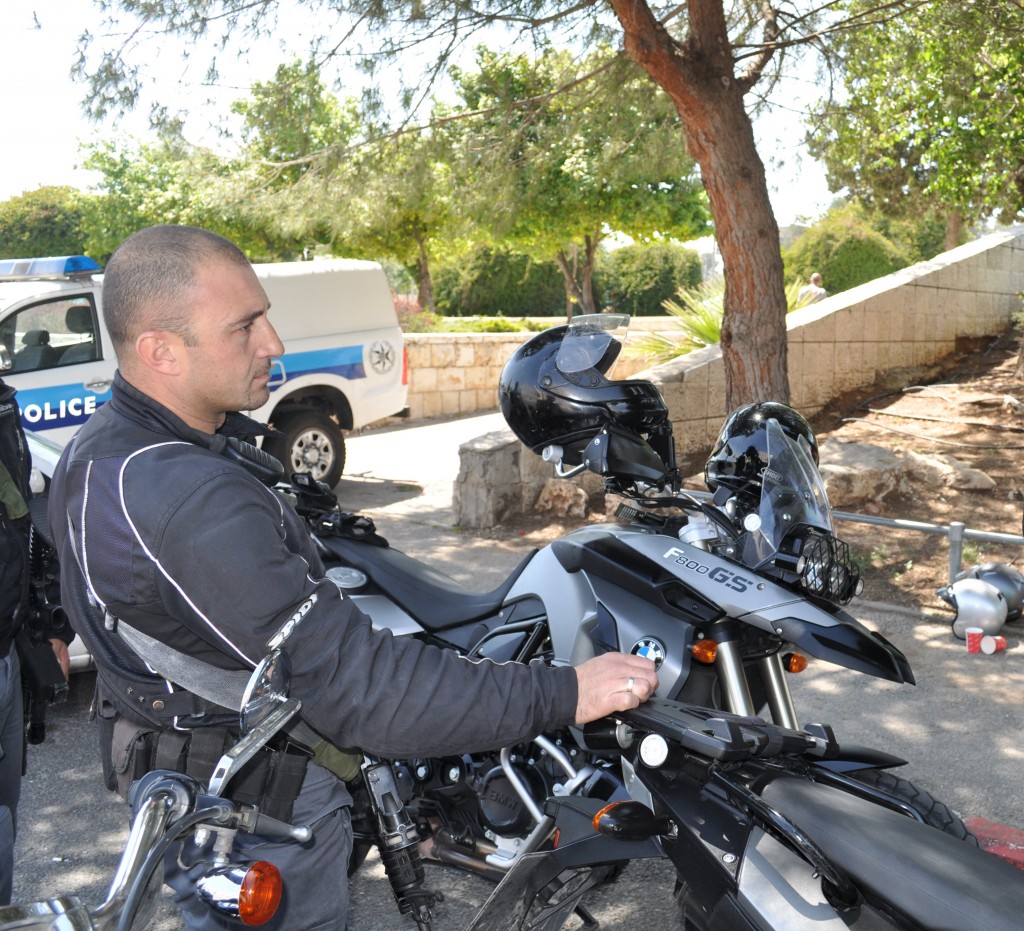 They certainly learn to live with (and on) their bikes, though. Each member of a two-man bike team is experienced at both rider and pillion roles. They spend hours in the saddle each duty day, and ride their bikes home at night.
They certainly learn to live with (and on) their bikes, though. Each member of a two-man bike team is experienced at both rider and pillion roles. They spend hours in the saddle each duty day, and ride their bikes home at night.
In Israel, alert times for counterterror cops aren’t chosen by dispatchers, but by terrorists. YAMAM’s chosen obligation is to remain constantly prepared for events that most democratic states still have the luxury of finding unthinkable. An elite warrior genre even in a nation characterized by combat veterans, YAMAM’s operators typify Orwell’s archetype of rough men standing ready to do violence on behalf of the protected.
U.S. service members, cops or bikers would find little to surprise them among the riders’ standard kit. They wear tactical boots and gloves, impact-armored Spidi riding jackets and flip-face Nolan motorcycle helmets. Each operator carries a railed M4 carbine in his preferred configuration, with his choice of sidearm in a drop holster. Jericho “Baby Eagles” were the preference of the guys I talked with.
What they don’t strap on is ballistic armor, whether for space reasons (the BMW isn’t very roomy for two burly guys) or heat management or… other reasons.
“If we do our job right,” Ashtamker observed, “nobody shoots back.”
The bikes grant them access to the convoluted warrens of the Old City; attitude and training gives them a pass everywhere else. YAMAM takes calls in every area of Israel’s golden city on a hill, without discrimination, and — contrary to occasional lurid characterizations of the unit as state-sponsored assassination teams — will choose arrest over killing whenever given that option.
Still, their policing mission is uniquely specialized. When asked if they go after common thieves or violent criminals, Ashtamker responded, “Terrorists.
“Always terrorists.”
Nor are their procedures police-typical. Standard investigations, involving weeks or months of gathering evidence, are not SOP.
“We gather concrete intelligence,” said Rosenthal, “then we act on it.”
That military mindset — tactical operations versus plodding investigations, and full acceptance of lethal risk to its officers — makes YAMAM unique among police agencies. Complete intolerance for civilian casualties is where YAMAM diverges from typical paramilitary organizations.
YAMAM is a quiet, polite, deadly tool of the state. The proof of their efficacy doesn’t emerge in news stories, but in the continued survival of Israel as the only legitimate democracy in the Middle East.
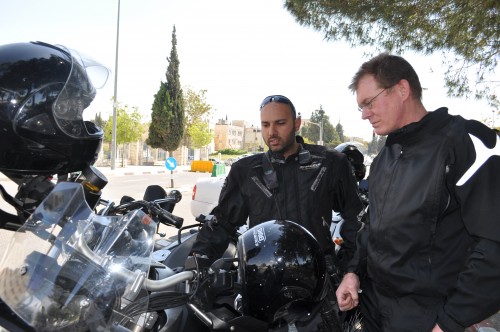
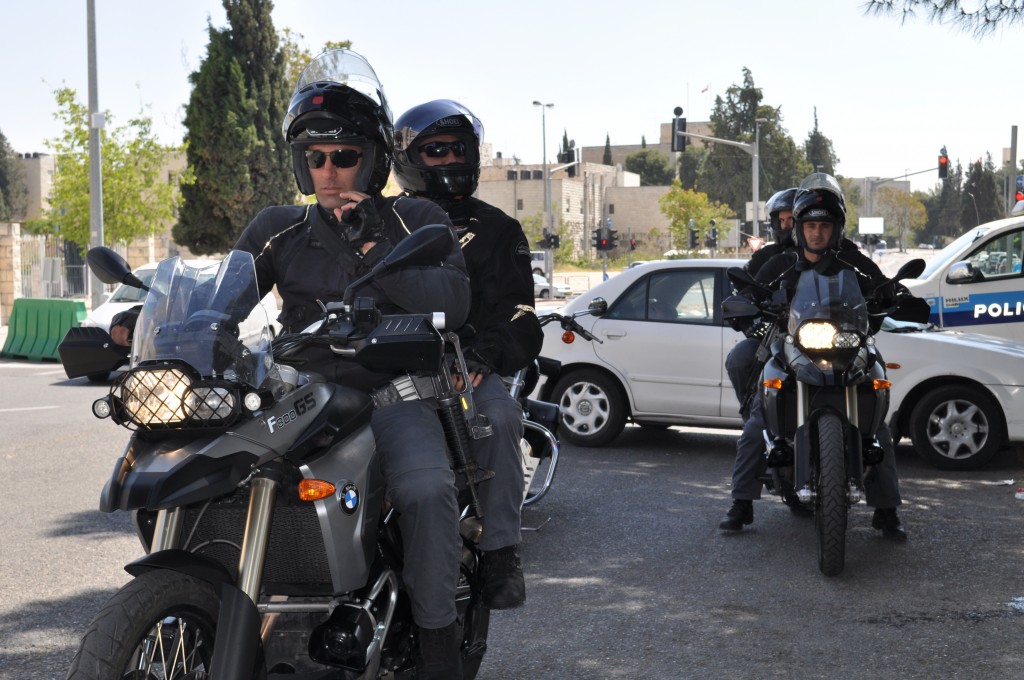
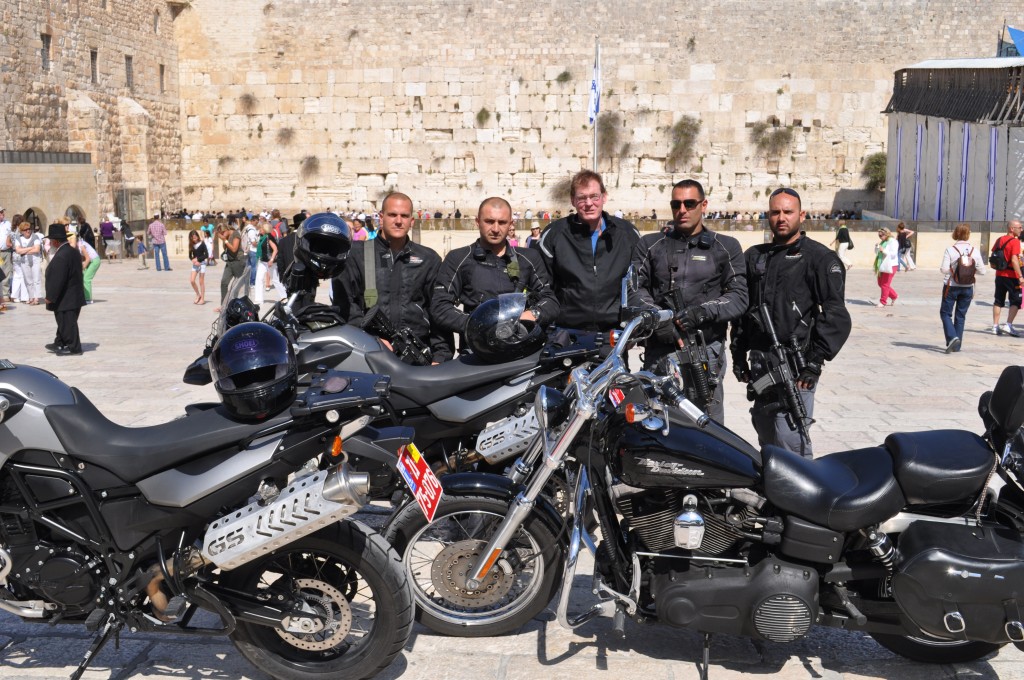

 "Jack Lewis takes the overall literary crown with his new book...there’s a lot more to Lewis’s work than what it feels like to ride motorcycles.” — Ultimate Motorcycling
"Jack Lewis takes the overall literary crown with his new book...there’s a lot more to Lewis’s work than what it feels like to ride motorcycles.” — Ultimate Motorcycling
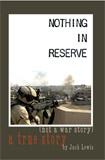 "Insightful and from the heart ... a driven and much recommended look into the mind and conflict of the next generation of war veterans. " — Midwest Book Review (Reviewer's Choice)
"Insightful and from the heart ... a driven and much recommended look into the mind and conflict of the next generation of war veterans. " — Midwest Book Review (Reviewer's Choice)
Thanks, Jack. Great read.
Anyone who enjoyed this article should be sure to get a copy of “Head Check.” In that book the YAMAM experience related here appears within an article called “The New Minutemen” where it is interspersed with even more compelling relationships with the ZAKA – Israel’s scooter-borne emergency first responders. The ability to put force on force and the YAMAM’s selfless commitment to do so is admirable and unfortunately very very necessary. The ZAKA’s commitment to, on a 100% volunteer basis, save lives that have already been placed within minutes or seconds of extinction is even more compelling. If you suffered an accident at home and were experiencing a femoral arterial bleed-out, what do you think the chances would be that your local EMT would get to you in time to save your life here in the fat-n-sassy USA? In traffic-jammed Jerusalem, a ZAKA is there in less than 120 seconds. Amazing. Don’t miss this. Get a copy of Head Check. Worth the price of admission for this ZAKA article alone, but there are many more like it.
Always a pleasure when someone unearths something from me that speaks to their experience and worldview.